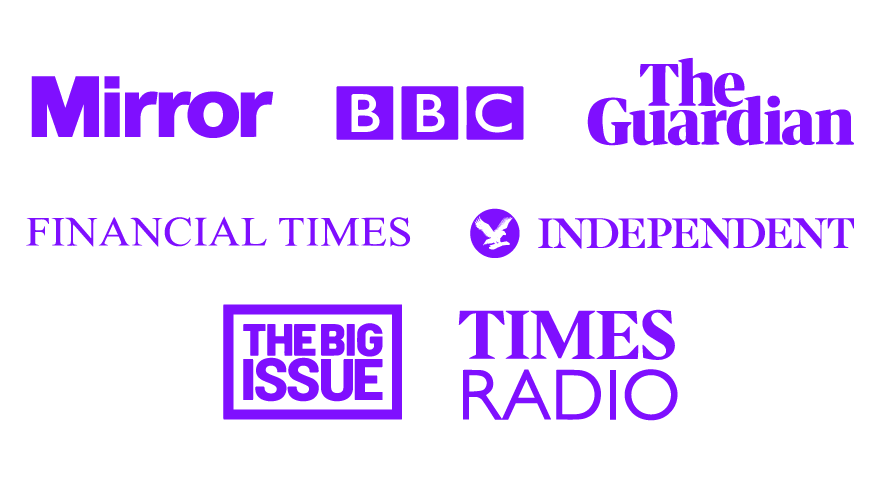This time last year the odds were already stacked against women. Women are more likely to be in insecure, low paid employment; women are more likely to be in poverty; and women carry out more unpaid work than men. It seemed certain the pandemic would make inequality more pronounced. But how have things panned out? Twelve months later we want to share the experiences of low-income women who are part of the Covid Realities project.
Dorothy T reflected on all the extra, unpaid, work she is doing at home:
Playing multiple roles, and the toll that can take, was also something Lexie G shared:
Connie G highlighted how it feels to combine working at home with helping her children with school work:
Alongside this exhausting juggling of roles, women on low incomes have faced enormous financial pressures during the pandemic. Not only have many women’s jobs been affected both by the lockdowns and needing to care for children during school closures, but with children at home costs have gone up. Dorothy T shared her financial concerns:
Teddy W, a single parent with one child, reflected on the support that has been available through the social security system:
The big question is why hasn’t the government helped? We’ve already joined trade unions and women’s organisations writing to the EHRC asking them to investigate whether the government’s response during the pandemic discriminated against women. Last week the chancellor had a chance to put some things right and use the Budget to help women and children living on a low income. Extending the £20 uplift to universal credit for six months was a vital step, because struggling families can't keep afloat without it. But it doesn’t go nearly far enough.
We need reform to our social security system because universal credit discriminates against women. And we need a comprehensive childcare strategy, including extended schools, to ensure women can work in decent, secure jobs.
This International Women’s Day we’re celebrating all the women who have given so much this year – and we promise to stand with them in their fight to make things better. Covid Realities participant Nellie K sums it up for us all:



